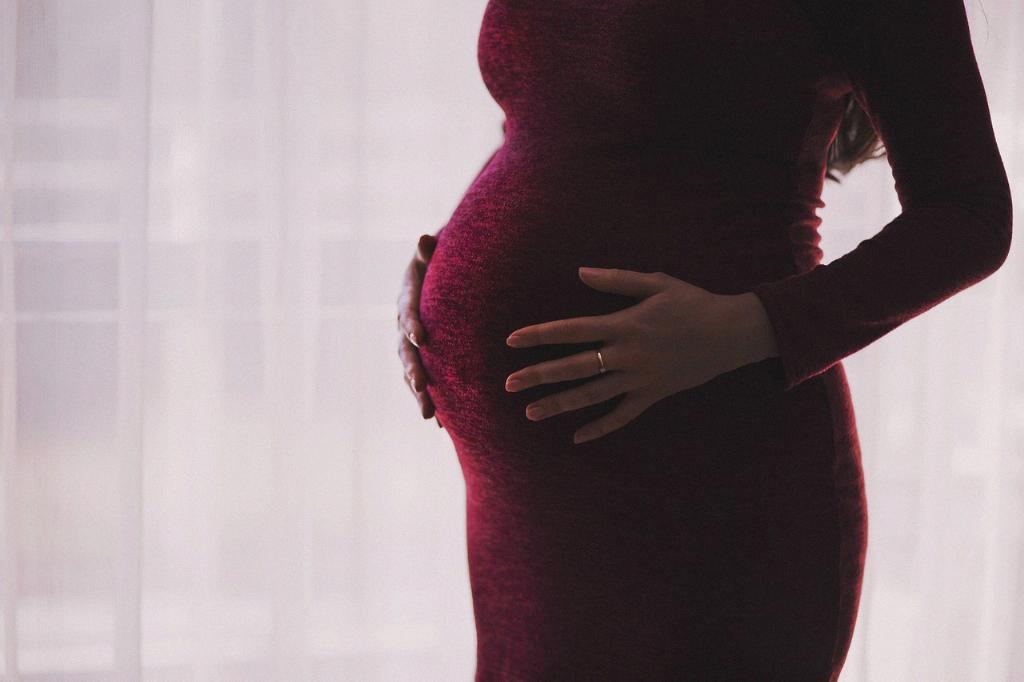Many individuals wonder about the signs and symptoms that accompany the early stages of pregnancy. One frequently reported symptom is bloating, which can often be a telltale sign of a potential pregnancy. So, is bloating common in early pregnancy? Let’s dig deeper into this topic to understand how bloating can be a common occurrence in the early stages of pregnancy.
Understanding the Mechnaism
During the early stages of pregnancy, the body undergoes a series of hormonal changes to support the growth and development of the fetus. One key hormone that plays a significant role in pregnancy is progesterone. Progesterone levels rise during early pregnancy to help prepare the uterus for implantation and support the growing embryo.
The Role of Progesterone
Progesterone also has another effect on the body during pregnancy – it slows down the digestive system. This slowdown in digestion can lead to a buildup of gas in the intestines, which can ultimately result in bloating and discomfort. Therefore, the increase in progesterone levels can contribute to bloating as a common symptom in early pregnancy.
Additional Factors Contributing to Bloating
Aside from hormonal changes, other factors can also play a role in causing bloating during early pregnancy. For instance, the expanding uterus can put pressure on the stomach and intestines, leading to a feeling of fullness and bloating. Moreover, the body retains more water during pregnancy, which can further exacerbate bloating and fluid retention.
Common Symptoms of Bloating in Early Pregnancy
Bloating in early pregnancy can manifest in different ways for different individuals. Some may experience mild bloating and discomfort, while others may find it more severe and persistent. Common symptoms of bloating include abdominal distention, gas, and overall discomfort in the stomach area.
Managing Bloating During Early Pregnancy
If you are experiencing bloating during early pregnancy, there are some steps you can take to help alleviate this discomfort. Eating small, frequent meals throughout the day can help reduce bloating by easing the digestive process. Additionally, staying hydrated, maintaining a fiber-rich diet, and engaging in gentle exercise can also help relieve bloating symptoms.
When to Consult a Healthcare Provider
While bloating is a common symptom in early pregnancy, it is essential to monitor any severe or persistent bloating and consult your healthcare provider if you have concerns. Excessive bloating accompanied by severe abdominal pain, fever, or changes in bowel habits could be indicative of an underlying medical condition that requires medical attention.
Conclusion
In conclusion, bloating is a common symptom in early pregnancy, attributed to hormonal changes, slowed digestion, and physical changes in the body. While bloating can be uncomfortable, it is typically a normal part of the pregnancy process. By understanding the causes of bloating and adopting healthy lifestyle habits, you can effectively manage bloating symptoms and promote overall well-being during early pregnancy.

